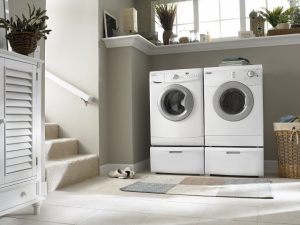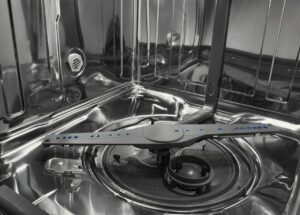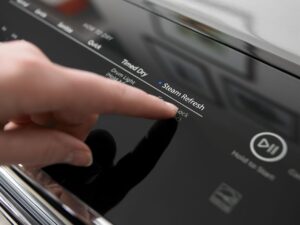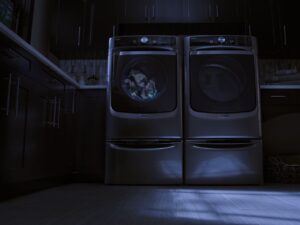Energy Saving Tips for Your Home Appliances

If you’re interested in a greener lifestyle, you need to consider your home appliances. While making transport changes and adopting ecofriendly habits are a solid start, if your appliances are plugged in 24/7, have a leak, or are not adjusted to the optimal settings, it could compromise your green intentions. So, here we’ll explore energy saving tips for your home appliances, so you can feel confident that you are doing your part for the planet.
Fix Any Leaks
A leaky washing machine or dishwasher can have a massive impact over time. While it may appear to be a harmless drip or two, it can add up to several gallons in a month. This not only adds hundreds of dollars to your water bills, but it wastes a precious resource.
So, if you suspect that there is any type of leak near your appliances, you should call in a repair technician to resolve it as quickly as possible.
Adjust Your Settings
If you have central air, remember that it doesn’t need to be running constantly. While you want to remain comfortable, keeping your thermostat at a moderate temperature, particularly in summer and winter can reduce your bills and ecological damage.
You should also look at your fridge and freezer settings. While these appliances need to be cool to keep your food items fresh, keeping the settings on high can actually be detrimental. You may find that your items get freezer burn or end up frozen if they sit too near the back of the fridge. A far better option is to turn the settings up a notch or two, to reduce the workload and save energy.
Unplug When Not in Use
Although this is a very simple measure, it can make a massive difference each month. Many appliances are passive, but they can still use a trickle of energy all the time they are plugged in. So, turning off all your appliances when they are not in use, can be a way to decrease waste.
While unplugging may not be practical for all your appliances, you can connect some of them to a power strip that can be unplugged when you go out to work or head to bed.
Switch to Low Temperature Cycles
Another tip to reduce your environmental impact is to switch to low temperature cycles on your appliances. Most modern washers, dryers and dishwashers have a low temperature or eco setting. These settings can usually provide decent wash results without using excessive levels of energy and water.
Washing in cold water can also have a few laundry benefits. You can usually run a full load of different colors in a cold wash without worrying about dye running. This can also mean that you can run full loads, since you don’t need to wait to find extra whites or colors to fill the machine or waste energy running small, half loads. Additionally, most modern detergents are designed to work efficiently in lower temperatures, so there is no need to pay for the power to heat the water to a high temperature.
Upgrade Your Appliances
Finally, consider upgrading your appliances with energy efficient options. Many home appliances can have a lifespan of up to 20 years or more, but towards the end of this usable lifespan, the appliance efficiency will drop significantly. Additionally, manufacturers are continually striving to deliver greater energy efficiency, so brand new models tend to be far more efficient compared to their older counterparts.
If you are interested in energy efficient appliances, you can explore your options with this online collection or speak to one of our home appliance specialists for further help and guidance.
- Choosing Between a Plastic and a Stainless Steel Dishwasher Tub
- Steam Dryers: Efficient, Gentle, and Wrinkle-Free Laundry Solution
- Benefits of a Smart Washing Machine
- Beverage Stations: Elevating Your Kitchen with the Latest Trend
- New Ways to Design Your Kitchen in 2024
- Should You Choose a Column Refrigerator?
- The Benefits of an Outdoor Pizza Oven
- Should You Choose a Freestanding or Slide-In Range?
- Understanding Microwave Wattage
- Standard or Pro Ranges: Which One is Best for Your Home?






